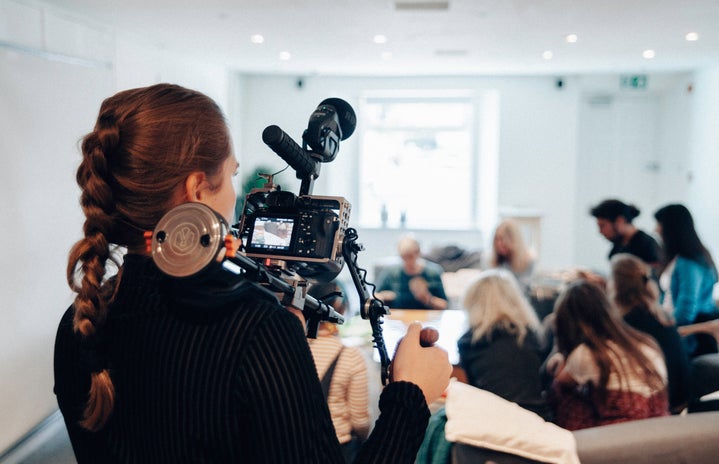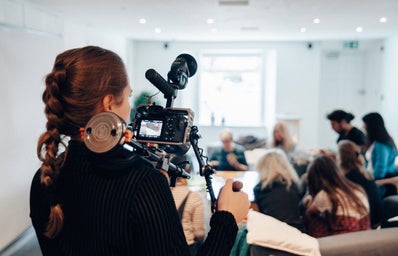The rise of social media gave journalists hope that their profession would become more diverse and more independent. But rampant with disinformation and surveillance, it is far from the liberating space journalists had envisioned over a decade ago.
The Columbia Journalism Review explains that censorship of the press is not a thing of the past and is, in fact, commonplace on digital platforms like Twitter and Facebook. Governments are quickly catching up to digital technology trends and employing them to target, track and harass journalists. Alarmingly, social media companies often collaborate with foreign governments that seek to silence dissent.
Veteran journalist Glenn Greenwald writes that digital censorship means “having our public discourse overtaken, regulated and controlled by a tiny number of unaccountable tech giants.” Platforms, along with governments, are breaking the internet’s promise of equitable and free communication. So if you think digital censorship of the press only affects the news media, think again.
Digital censorship of the press limits our ability to make well-informed decisions in times of crisis and to hold our government officials accountable. As more and more people rely on social media for news, journalists need to be able to report freely and safely online. This will, in turn, ensure we have reliable access to fact-based information about what is happening in our communities and around the world.
Last May, on World Press Freedom Day, the UN investigated the numerous dangers journalists confront on social media. The conference stressed that digital surveillance, online trolling and hate campaigns severely undermine the integrity of journalism everywhere. Moreover, minority journalists are disproportionately affected by these dangers.
For example, according to Human Rights Watch, Facebook consistently and unfairly removes or otherwise restricts content shared by Palestinian journalists. In bending to political pressure, digital platforms suppress the already marginalized Palestinian narrative and conceal Israeli human rights crimes from the general public. Social media companies are therefore not much different from the gatekeepers of traditional journalism. They, too, abuse their power to determine what news reaches people as well as from what perspective.
Women journalists also endure the brunt of digital censorship. In a survey by the International Center for Journalists, 73% of women journalists reported having experienced online abuse. Different actors, including governments, utilize social media to intimidate women journalists and discredit the stories they tell. This routine, targeted abuse leads women to resort to self-censorship or even to leave the profession.
The violent exclusion of minority journalists from the digital sphere directly impacts us. Without diverse voices in this new information landscape, we will lose access to a wide range of perspectives and stories that shape the world we live in.
Contrary to the early optimism, social media has not eliminated censorship of the press — if anything, it has made it more dangerous and pervasive than ever. The ruthless onslaught of online abuse against journalists is a serious issue with real consequences on human rights and democracy. As press freedom continues to erode worldwide, we will only become less informed, less culturally aware and less politically engaged. Social media platforms must protect journalists if robust public conversation is to thrive in the digital age.


